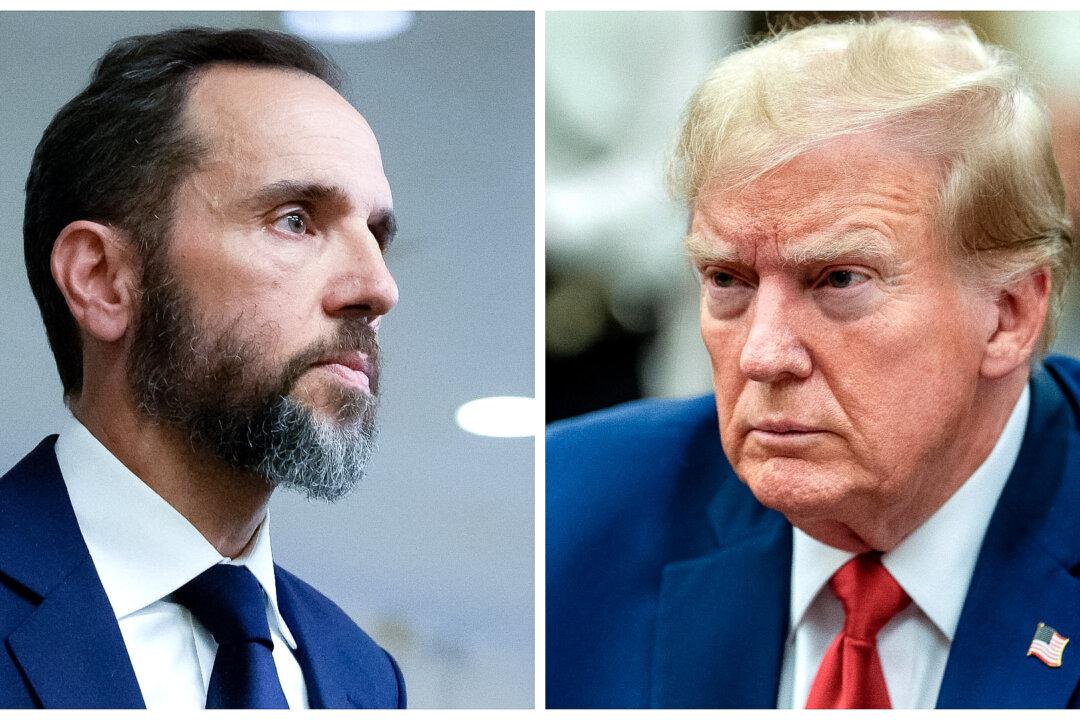Special counsel Jack Smith this week asked the judge overseeing the Trump classified documents case to strike juror questions about who they voted for or whether they voted in the 2020 election.
In a court filing with U.S. District Judge Aileen Cannon, the special prosecutor’s team sought to strike down questions submitted by former President Donald Trump’s lawyers. The document contained objections from the Smith team regarding their voting record.





